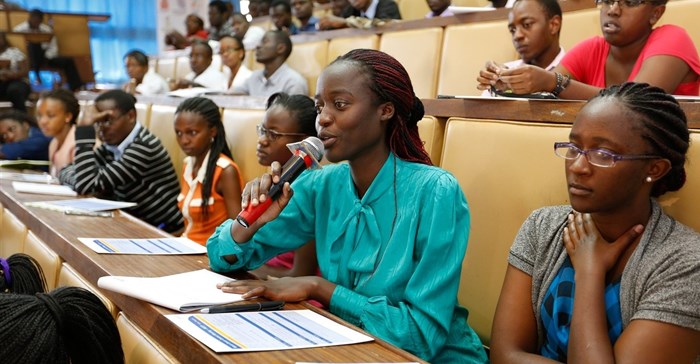A new oncology fellowship at the University of Nairobi aims to improve access to cancer care and strengthen the healthcare system in emerging markets.
Starting this year, nine medical doctors from sub-Saharan African countries such as Kenya, Uganda, Tanzania, Ethiopia and South Africa will have the opportunity to study at the university for two years through the Merck Africa Medical Oncology Fellowship.

Merck is sponsoring an oncology fellowship at the University of Nairobi
According to World Health Organisation (WHO), there are expected to be 16m new cases of cancer every year by 2020, 70% of which will be in developing countries where governments are least prepared to address the growing cancer burden and where survival rates are often less than half those of more developed countries.
Public private partnerships
Professor Isaac Kibwage, principal of Colleges of Health Sciences, University of Nairobi, says: “We believe that the only way to effectively prevent, detect and treat the rising number of cancer cases in Africa is through establishing public private partnerships between health ministries, academia, and industry in implementing successful programmes such as the partnership with Merck. This fellowship programme aims at improving the quality and accessibility of cancer care in the continent.”
The programme will be extended to other African countries in the next year.
Need for more oncologists
According to research, Kenya only has 13 oncologists, most of them based in Nairobi for a population of 47m, which means one oncologist per 3,6m people. For reference, in the UK there are around 13 oncologists per 1m people. In Ethiopia there are only four oncologists, all based in Addis Ababa for a population of around 100m inhabitants.
“The scarcity of trained healthcare personnel capable of tackling prevention, early diagnosis and management of cancer is a bigger challenge in Africa than the lack of financial resources.”
“In Africa, where the number of oncologists is very limited, this starts by building additional medical capacity. Our new programme aims at increasing the number of qualified oncologists across the continent,” says Rasha Kelej, chief social officer of the healthcare business sector of Merck, who leads the implementation and coordination of activities, designed to have a positive impact on societies in developing countries.


















































